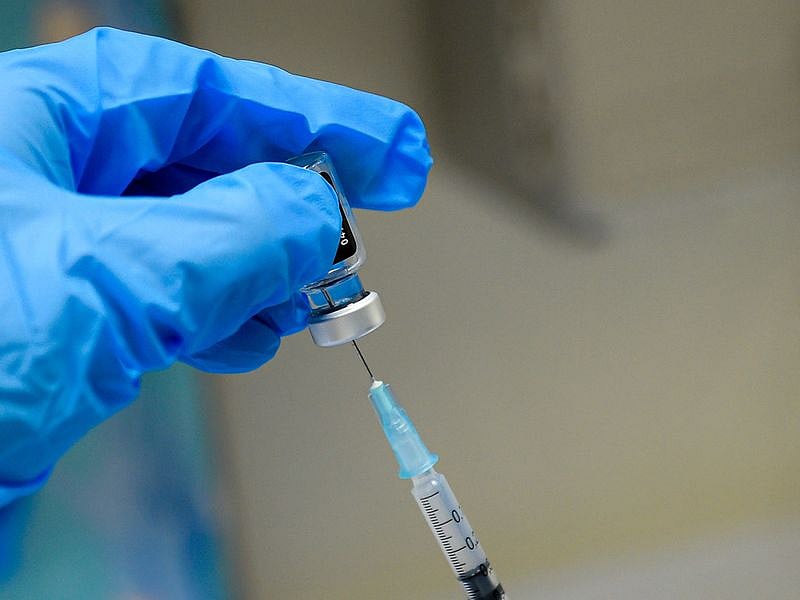Rat fever death and rare brain infection put Kerala panchayats on health alert
Malappuram steps up surveillance after cases of rat fever, amoebic meningoencephalitis

Dubai: Panchayats in Kerala’s Malappuram district have intensified health surveillance and preventive measures after a death from rat fever (leptospirosis) was reported in Peruvalloor and cases of the rare but deadly amoebic meningoencephalitis emerged in Moonniyoor.
In Peruvalloor, the health standing committee has decided to distribute doxycycline tablets to those working in high-risk environments such as paddy fields, muddy areas, and waterbodies where rat urine is likely to mix with water.
The step comes after Karuvathadam Bhaskaran died of rat fever a few days ago, while two others remain under treatment.
Rat fever (Leptospirosis)
Cause: Bacteria from rat urine in water/soil
Spread: Through cuts, eyes, nose, mouth
Symptoms: High fever, muscle pain, headache, vomiting, red eyes
Risk: Farmers, field workers, cattle rearers
Complications: Kidney/liver damage, death if untreated
Prevention: Avoid dirty water, wear boots/gloves, keep food covered
Treatment: Early antibiotics (e.g. doxycycline)
Amoebic meningoencephalitis (Naegleria fowleri)
Cause: Rare brain infection by amoeba
Spread: Enters nose while swimming in warm freshwater; not person-to-person
Symptoms: Headache, fever, vomiting, stiff neck, confusion, seizures, coma
Fatality: More than 95%, usually fatal within a week
Treatment: Limited; some success with amphotericin B, miltefosine
The panchayat has classified MGNREGA workers, farmers, cattle rearers, and coconut climbers as highly vulnerable.
Awareness campaigns will be carried out through loudspeaker announcements and leaflets. Officials also directed residents to chlorinate wells, avoid stagnant waterbodies, cover food items, and maintain clean surroundings to keep rodents away.
“Immediate medical attention is essential. Self-treatment can make the condition worse,” the health panel noted after a meeting chaired by panchayat president K. Abdul Salam and attended by medical officer Dr. Anas, implementation officer Dr. Muhammad Rasi, and health inspector Laiju Ignatius.
Meanwhile, the Moonniyoor panchayat has declared a health alert following reports of amoebic meningoencephalitis, a rare brain infection caused by the amoeba Naegleria fowleri, which spreads through contaminated water entering the nose during swimming or bathing. Though extremely rare, the disease has an exceptionally high fatality rate.
A special meeting chaired by panchayat president N.M. Suharabi decided to chlorinate all wells, put up warning boards near ponds and public waterbodies, and distribute household notices with safety guidelines. Residents have been advised to avoid bathing in stagnant ponds and ensure water used for daily needs is clean.
Vice-president Haneef Achattil, medical officer Dr. Rafeeq Pullatt, health inspector A. Rajesh, and other committee members were present at the meeting.
Health officials stressed that spreading awareness is critical to preventing further cases. Both Peruvalloor and Moonniyoor panchayats have urged residents to remain vigilant, practice safe hygiene, and seek immediate medical care if symptoms occur.
-- With inputs from IANS
Sign up for the Daily Briefing
Get the latest news and updates straight to your inbox
Network Links
GN StoreDownload our app
© Al Nisr Publishing LLC 2026. All rights reserved.
